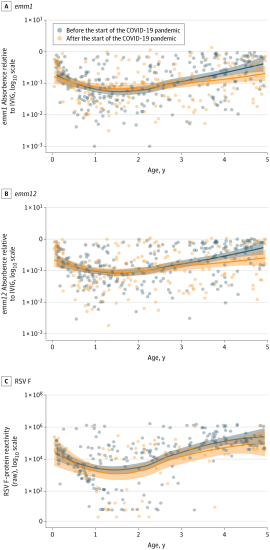New Findings Published in JAMA Network Open
A recent multinational study, “Immunity to Streptococcus pyogenes and Common Respiratory Viruses at Age 0 to 4 Years After COVID-19 Restrictions,” leveraged the power of the DIAMONDS biobank to explore how pandemic-related restrictions affected immune development in early childhood.
Key Insights
-
The study analyzed samples and data from 10 European countries, drawing on the extensive and high-quality resources of the DIAMONDS biobank.
-
Findings reveal that children aged 3–4 years had significantly lower antibody levels to Streptococcus pyogenes and Respiratory Syncytial Virus (RSV) after the implementation of COVID-19 mitigation measures, compared with pre-pandemic cohorts.
-
These results provide strong evidence supporting the “immunity debt” hypothesis — suggesting that reduced exposure to common pathogens during lockdowns may have delayed natural immune priming.
Scientific and Public Health Significance
This work provides crucial insight into the long-term immunological effects of pandemic interventions and highlights the urgent need for vaccine development against S. pyogenes, a major cause of severe infections in children worldwide.
DIAMONDS Contribution
The study underscores the value of the DIAMONDS biobank as a pan-European resource enabling high-impact infectious disease research. By combining molecular diagnostics with deep clinical data, DIAMONDS continues to illuminate how immunity develops — and sometimes falters — in response to global health events.
The article was also featured by Imperial College London, emphasizing its global relevance and the public health implications of declining childhood immunity.

Figure 2. Reactivity to Streptococcus pyogenes and Respiratory Syncytial Virus (RSV) Antigens by Age





